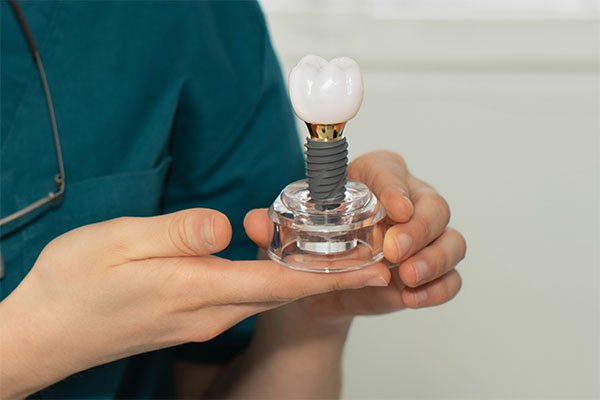Four Questions to Ask Your Dentist About Preventive Dentistry

Preventative dentistry is a branch of dentistry that focuses on keeping teeth healthy and preventing dental issues from forming. Taking good care of your mouth reduces your risk of developing common problems like tooth decay and gum disease. It also saves you money and time that would have been spent getting dental treatments in the future. Good oral hygiene is the foundation of preventative dentistry. That includes brushing twice daily, flossing, and using an antibacterial mouthwash.
Questions to ask about preventative dentistry
Looking for some tips on how to take better care of your teeth and gums? Here are the answers to some of the questions you might have:
1. When is the best time to brush your teeth?
The most crucial time to brush your teeth is right before going to bed. Plaque and acids get to build up in the mouth during the day, and they typically do more damage during sleep due to decreased saliva production.
Saliva helps to protect teeth and gums by washing away bacteria and acids that erode teeth. Cleaning your mouth right before going to bed removes the things that damage teeth right before their most vulnerable period.
As far as when to brush in the morning is concerned, it is mostly a matter of preference. Most people brush before their first meal to get rid of the sticky feeling plaque creates in their mouths and morning breath. Others wait until after having breakfast before brushing their teeth.
2. When is the best time to floss?
There is no ideal time to floss teeth. The most important thing is to floss once per day. Flossing gets rid of plaque and bacteria in interdental spaces, protecting these areas from tooth decay and gum disease.
However, flossing before brushing might have a slight advantage since it cleans your interdental spaces before brushing. That way, fluoride in the oral hygiene product can better penetrate interdental spaces.
3. How often should I get routine checkups?
The American Dental Association recommends visiting a dentist at least two times per year. This allows the dentist to detect developing issues in their early stages, giving the patient more treatment options to choose from.
For example, the early stage of gum disease, gingivitis, can be reversed with teeth cleanings and improved oral hygiene. However, the advanced stage, periodontitis, is a chronic infection that cannot be reversed. It can only be managed with treatments like root scaling and planing, bone grafts, and gum grafts.
4. What type of toothbrush is recommended?
Dentists typically recommend soft-bristled toothbrushes to keep the risk of damaging teeth enamel while brushing to a minimum. Patients should avoid brushing too hard since it can lead to problems like receding gums.
Preventative dentistry saves you money and time
Take good care of your mouth and the odds of you needing extensive dental treatments significantly diminishes. Call or visit our Brooklyn clinic to learn more about how preventative dentistry can improve your oral health.
Request an appointment here: https://www.gardendentalartsny.com or call Garden Dental Arts at (718) 416-6367 for an appointment in our Brooklyn office.
Check out what others are saying about our dental services on Yelp: Preventive Dentistry in Brooklyn, NY.
Recent Posts
Part of preventative dental care is not only regularly maintaining your dental routine at home but also visiting your dentist twice a year. During this visit, they will look at the condition of your teeth and gums. Things they look out for are any sensitivities, bleeding, soft spots, or areas where bacteria are more likely…
The most effective way to prevent tooth decay is with preventative dental care. Everyone wants to maintain a healthy white smile for a lifetime. Your smile is your first impression and a great way to show confidence. Keeping that smile can be very easy if you follow a few easy steps.Tooth decay causes gum disease,…
If you are looking to avoid having cavities, sensitive gums, or dental issues, your best bet is actively engaging in preventative dental care. Without regular dental cleanings, flossing, or rinses, you may be putting your dental hygiene at risk for things like gingivitis or even root canals. There are several healthy habits that you can…
Screening for oral cancer is an important part of preventative dental care. Unfortunately, oral cancer is a disease that is not often talked about. Very few events support oral cancer research and awareness, even though oral cancer takes one life every day in the United States. Many people do not seek or receive treatment until…


